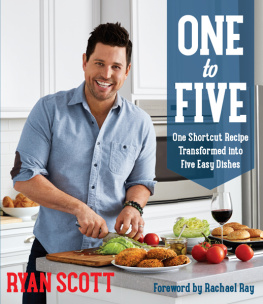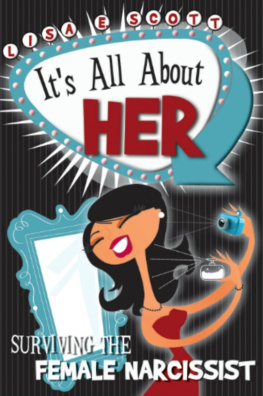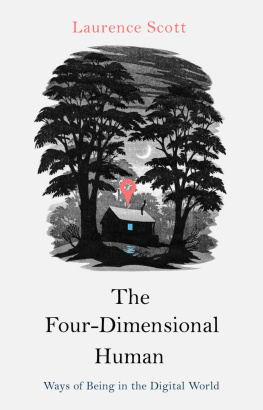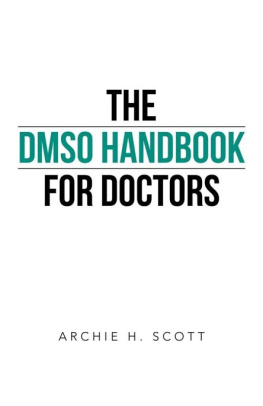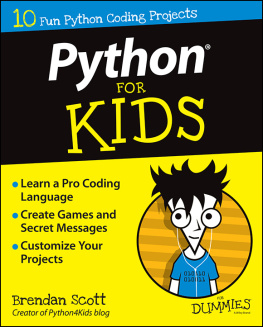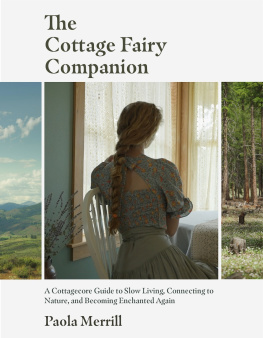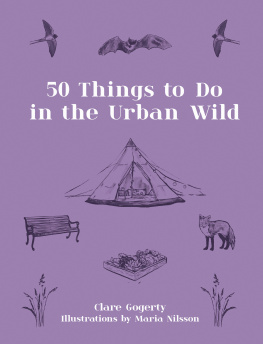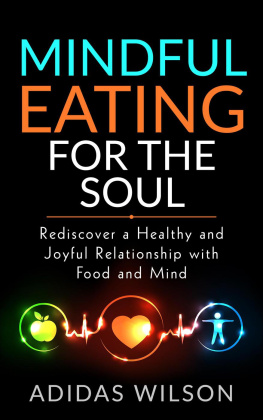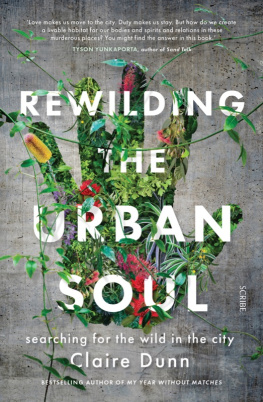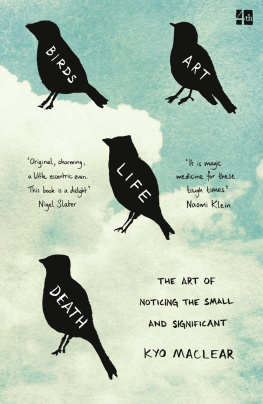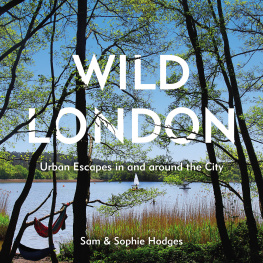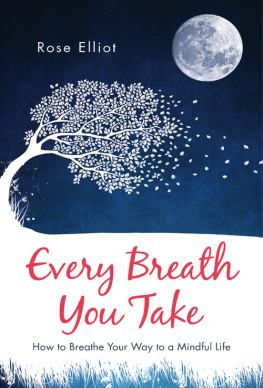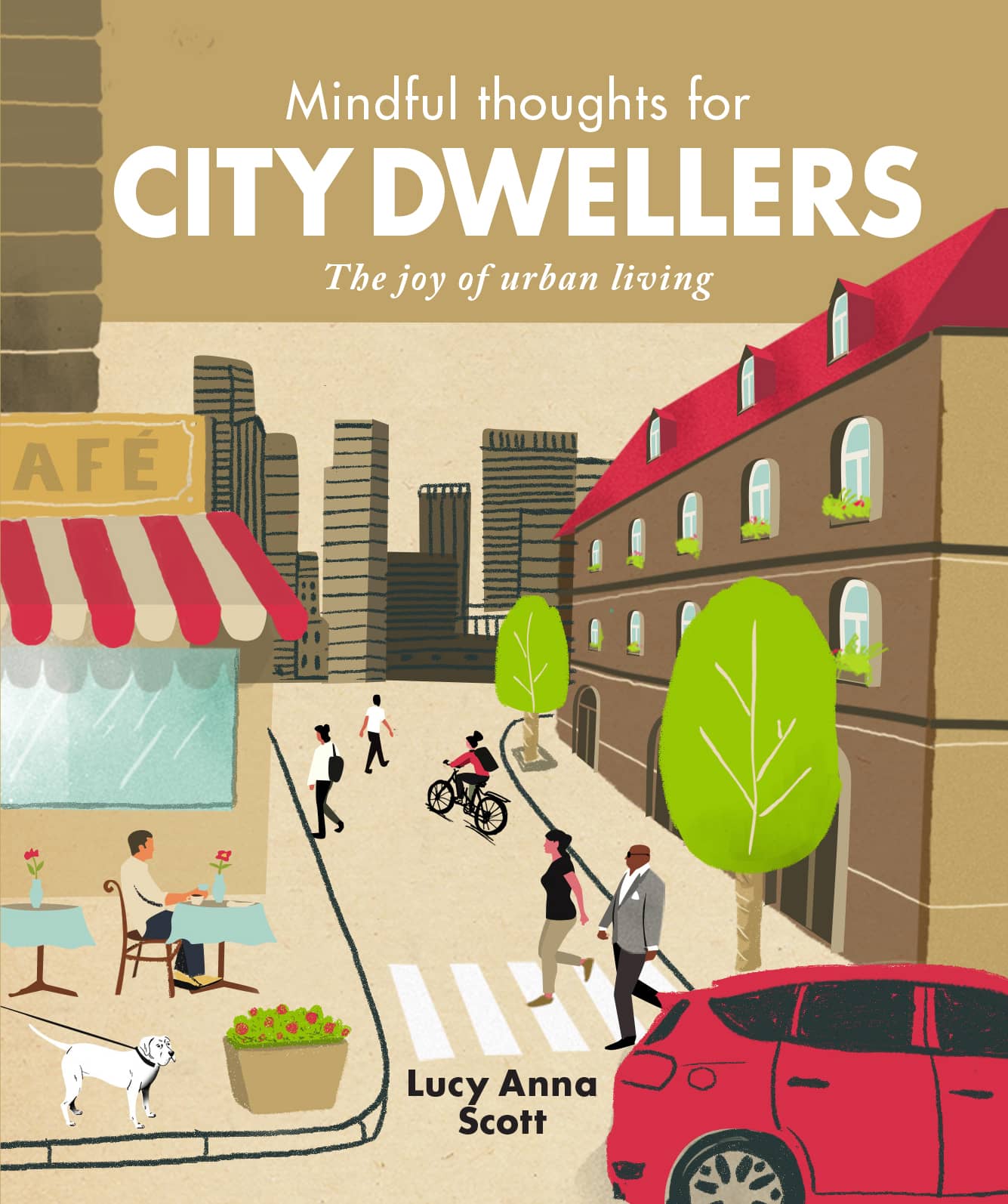First published in the UK in 2018 by
Leaping Hare Press
An imprint of The Quarto Group
The Old Brewery, 6 Blundell Street
London N7 9BH, United Kingdom
T (0)20 7700 6700 F (0)20 7700 8066
www.QuartoKnows.com

2018 Quarto Publishing plc
All rights reserved. No part of this book may be reproduced or transmitted in any form or by any means, electronic or mechanical, including photocopying, recording, or by any information storage-and-retrieval system, without written permission from the copyright holder.
British Library Cataloguing-in-Publication Data
A catalogue record for this book is available from the British Library
Digital edition: 978-1-78240-675-4
Hardcover edition: 978-1-78240-568-9
This book was conceived, designed and produced by
Leaping Hare Press
58 West Street, Brighton BN1 2RA, UK
Publisher: Susan Kelly
Creative Director: Michael Whitehead
Editorial Director: Tom Kitch
Art Director: James Lawrence
Commissioning Editor: Monica Perdoni
Project Editor: Jenny Campbell
Editor: Jenni Davis
Illustrator: Lehel Kovacs
INTRODUCTION
Message from a
City Lover
When I moved to London in my early twenties, I was like one of those characters from the films, like Buddy in Elf or Mick in Crocodile Dundee, who find themselves in the metropolis for the first time and totally bemused by it.
Raised in a tiny village under a vast sky, I was unprepared for urban life a rookie who would flinch as an underground train came rattling and clattering into the station and hesitate as the doors hissed open, fearful of being trapped in their jaws. It was not unusual for me to leap on a train heading in the opposite direction to the way I wanted to go either, one that would eventually spit me out on to some outpost of mysterious and deserted-looking industrial units.
Fifteen years on, however, Im a Londoner and committed urbanite. Those years taught me that living in the metropolis doesnt mean you cannot carve out a spiritually enriching life for yourself. To me, a happy, mindful existence comes from using your senses to engage with the environment, growing plants, marking the seasons, noticing the moon, being possession-light, living consciously. This is the nature of my days.
This mindful life has come from getting to know the city deeply, exploring its layers, burrowing beneath the noise, smog and crowds. I had come to the city to make a career but I never imagined that my life in it would teach me anything about a slower pace. Urban living, it is assumed, is too boisterous to provide peace, too pressured to allow time to connect to the moment, to others and to ourselves.
It is my hope that this book will show you how nourishing a metropolis can be an environment with the potential to help us to see more, hear more, feel more. While many urbanites idealize that time when we can trade in our postage-stamp-sized apartments for a quiet house by the sea, a natural landscape as crucial as it is for the soul cannot make us connect the way that being with humans can. I know, because I tried it.
When my other half and I had our first child, we began to wonder whether the city, much as we loved it, would be right for the long haul. I used to liken the city to a brilliant but unsuitable boyfriend: charming, fun, thrilling, but not marriage material. As we entered this fresh phase of our lives, we decided to decamp to a roomy house by the coast. We were living the dream, you might say. But I felt completely lost. I missed being part of a special kind of humanity. Enriching, inventive, ever-evolving and endlessly social, the urban community creates an inspiring energy that had kept me facing outward rather than inward. It had kept me connected to the world.
Back in the city, I now know what a powerful force for well-being togetherness is. That urban life is where I belong. And if the city can make a country girl feel this way, it can have that effect on anyone.
Part of the
Mindful City
A magazine once invited me to write an article on why I chose the city life when I had such a love for the natural landscape. I didnt know at the time that a rural existence didnt suit me, but I still had this instinct that the two aspects of my character werent so paradoxical.
Ive never felt I had to curtail my interest, or need, for the wild. In fact, it is life in the city that has shown me how fascinating it is when the natural world and the man-made world live cheek by jowl. Seeing a conservation garden thrive under a thundering flyover, or raptors nest in the niche of a skyscraper, has revealed to me that the wild is much closer to the metropolis than we think.
What is more, that duality we have set up for ourselves that true nature belongs to the countryside, that it is something we only need to protect in designated areas is a distinction that is becoming obsolete.
The successful city of tomorrow will be one that embraces tree coverage as a way to keep us cool and the air clean, one that supports the ecosystems that allow us to grow food on urban farms and maintain pest-free green spaces. It will be the city that sees a public park as a priceless green lung and one that enables its inhabitants to know the texture and rhythm of the natural world.
Now that over half the worlds population is urban dwelling, it is cities that will be at the forefront of reducing our impact upon the Earth. Only a mindful city will be able to come together to innovate ways to tackle climate change, create and facilitate green transport and carbon-neutral buildings, and build infrastructure that supports the generation of clean energy. Only a mindful city will thrive in the future.
A MEETING OF WORLDS
Many cities possess numerous raw materials to create healthier, happier places. Cities can be home to rare species you may never find anywhere else; in the city I live in, that includes bats, butterflies, spiders and plants. And I can rise with the sun to listen to the dawn chorus, and find streams so clean their waters sparkle.
But here, in the city, I am more able to live a sustainable life than I did when I lived rurally; urban density means I dont need a car to get everywhere or indeed anywhere and recycling is not a niche hobby. Ecologists have found that the concentration of populations and use of mass transit decreases human encroachment on natural habitats, while the apartments we live in are more energy-efficient than detached suburban houses. This means we have as equal an opportunity as anybody to find solutions that secure a sustainable planet, and a future for our species.
The metropolis encapsulates the tension between the human-made and the natural world in one physical place. It is a battle that has been, and still is, too often won by


